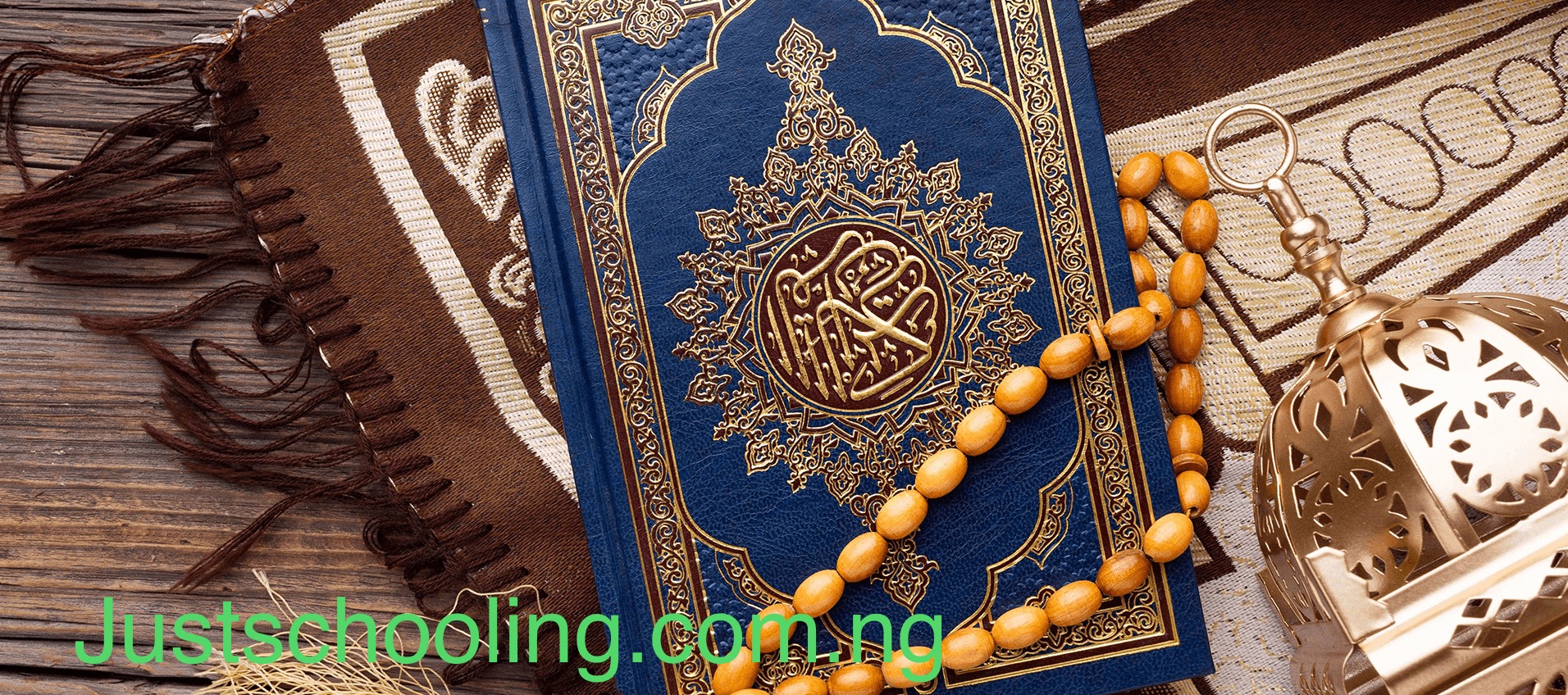Universities With the Lowest Cut-Off Marks for Arabic and Islamic Studies in the Nigeria
Are you trying to find the list of Nigerian universities with the lowest cut-off mark required to get admitted to the Arabic and Islamic programs? Read on to know Nigeria Universities with the lowest cut-off mark.
If you want to pursue a career in Arabic and Islamic studies but are unsure about the most recent jamb cutoff mark for a course like Arabic and Islamic studies. Here is a list of Nigerian institutions that have cut-off mark that we have verified; it is the lowest of all the universities in Nigeria that provide Arabic and Islamic studies program.
READ ALSO: List Of Universities That Has Lowest Cut-off Mark For Industrial Chemistry
Universities With the Lowest Cut-Off Marks for Arabic and Islamic Studies in the Nigeria

To gain admission into an arabic and Islamic studies program at a Nigerian university, meeting the cut-off mark for the subject is essential. The following universities have some of the lowest cut-off marks for Arabic and Islamic studies program
1. Lagos State University (LASU)
Cut-off Mark: 160
The cutoff score for the Arabic and Islamic studies program at Lagos State University (LASU) is 160. LASU, which is situated in the vibrant metropolis of Lagos, offers students the chance to gain real-world experience and interact with a wide range experience
2. Ibrahim badamasi babangida university (IBBU)
cut off mark:170
Compared to other universities, Ibrahim badamasi babangida university cut off mark for its Arabic and Islamic studies program is comparatively low at 170
3. Usmanu Danfodiyo university
Cut off mark: 180
Another Nigerian university with a some how lower cut off mark of 180 is Usmanu Danfodiyo University, which is situated in Sokoto. It is well-known for its Arabic and Islamic program.
4. University of ilorin
Cut off mark: 160
For those who have a significant interest in Arabic and Islamic studies,the University of Ilorin, located in Ilorin, Kwara State, provides arabic and Islamic degrees with comparatively lower cut off marks.
University of Lagos (UNILAG)
Cut-off Mark: 180
One well-known arabic and Islamic program that the University of Lagos (UNILAG) offers is one with a comparatively low cut off score. The university strives to offer top-notch instruction in the fields of Arabic and Islamic studies while placing a high priority on each student’s complete development.
FAQS
What is BA in Arabic and Islamic studies?
Candidates who are interested in pursuing a career in Islamic Studies as a tutor, administrator, business consultant, translator, or any of the many other possible occupations can enroll in a Bachelor of Arts (BA) in Islamic Studies program, which is an undergraduate program that lasts for three years.
where can I work if I study Arabic and Islamic studies?
Islamic Studies graduates are interested in pursuing a wide range of vocations, including but not limited to those in the fields of government and public service, international relations, non-governmental organizations (NGOs), education, defence and security, journalism, professional business, and academic research.
What is the field of study for Islamic studies?
The term “Islamic studies” refers to the academic study of Islam as well as, more generally, to academic multidisciplinary “studies” programs. These programs are comparable to other programs that concentrate on the history, texts, and theologies of other religious traditions, such as Jewish Studies or Eastern Christian Studies, but they also include fields such as environmental studies, sociology, and other related fields.
What is the subject combination of Arabic and Islamic studies?
The UTME requirement for Arabic and Islamic Studies is five (5) SSC credit passes in English Language, Arabic, and three (3) other subjects that are relevant to the field. Combination of subjects for the UTME examination in Arabic and Islamic Studies: A minimum of two (2) disciplines from the arts and/or social sciences, including Arabic.
What is the difference between Arabic and Islamic studies?
While the Arabic studies specialty has a greater emphasis on languages and social sciences, the Islamic studies specialization places a greater emphasis on the humanities, with core courses in religion, history, and culture. On the other hand, the Arabic studies specialization requires students to take core courses in Arabic or other languages, politics, and other subjects.








